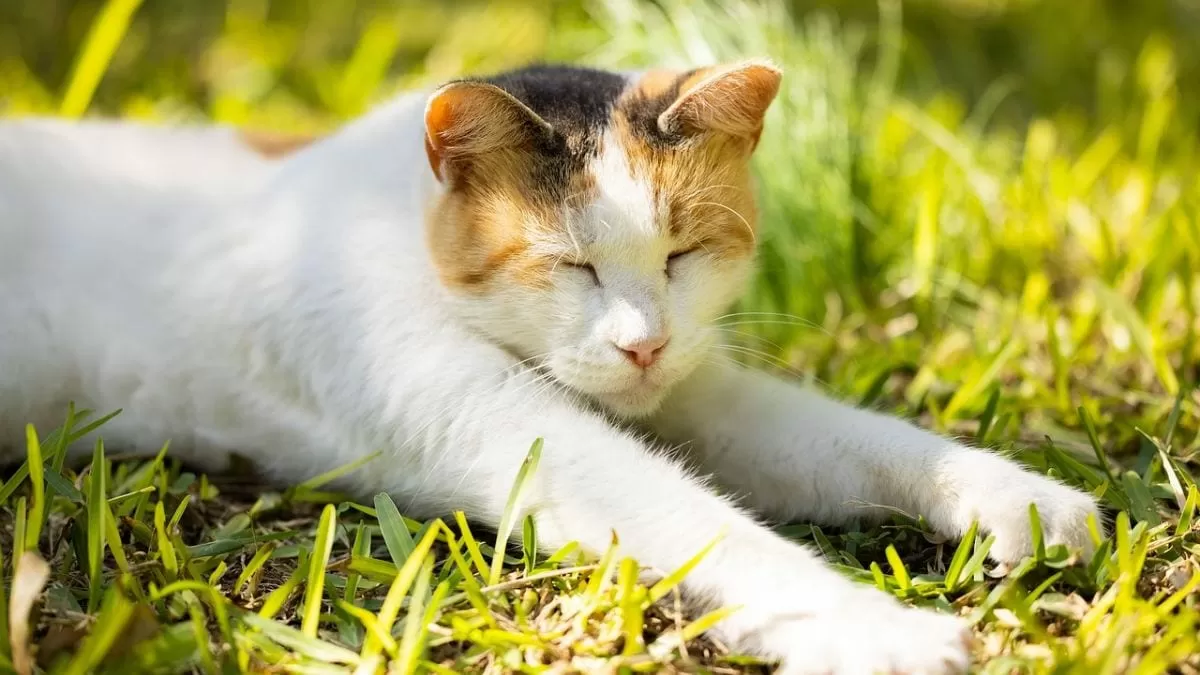Cats are known as one of the most beloved and friendly creatures to humans. These furry companions have been a part of our lives for centuries, providing us with love, comfort, and entertainment. However, little is known about the origin of these adorable creatures and how they became our loyal companions. Recent studies have revealed that the history of cats can be traced back to North Africa, and their journey to becoming domesticated pets is a fascinating one.
According to a new study, the origin of cats can be traced back to the Fertile Crescent region in North Africa, which includes modern-day Egypt, Israel, and parts of Iraq. This is where the first domestication of cats is believed to have taken place, around 10,000 years ago. The African wildcat, also known as Felis silvestris lybica, is believed to be the ancestor of our domesticated cats.
After being domesticated in North Africa, cats most likely traveled to Europe with the help of early farmers. Archaeological evidence shows that cats were present in Europe around 6,000 years ago. This is also supported by genetic studies, which suggest that the European domestic cats have a common ancestor with the African wildcats.
The domestication of cats was a gradual process, and it is believed that humans were not the ones who initiated it. Instead, cats chose to live near human settlements due to the abundance of rodents, which were a major food source for them. This coexistence led to a mutualistic relationship between cats and humans, where cats were revered for their ability to keep rodents away from crops and homes.
Apart from their domestication, cats also played a significant role in religious and traditional beliefs among ancient civilizations. One of the most well-known examples is in ancient Egypt, where cats were considered sacred animals and were worshipped as gods. The Egyptian goddess Bastet, who was often depicted as a cat or a woman with a cat’s head, was associated with fertility, motherhood, and protection.
In ancient Greece, cats were also highly regarded, and they were believed to be the companions of the goddess of hunting, Artemis. They were also associated with cleanliness and were often seen as symbols of domestic harmony. In Norse mythology, the goddess Freyja was also depicted as a cat, further highlighting the special place these creatures held in ancient cultures.
Today, cats continue to hold a special place in our hearts and homes. They are known for their independent nature, intelligence, and playful personalities. They provide us with emotional support and have been proven to have a positive impact on our mental health. Many people also consider their cats as part of their family, and the bond between them and their furry companions is unbreakable.
In conclusion, the history of cats is a fascinating one, and it is believed that their journey began in North Africa, where they were first domesticated. They have played an important role in ancient civilizations and continue to be cherished and loved by humans today. As we learn more about the origin of these friendly creatures, it is clear that they have always held a special place in our hearts and will continue to do so for generations to come.








